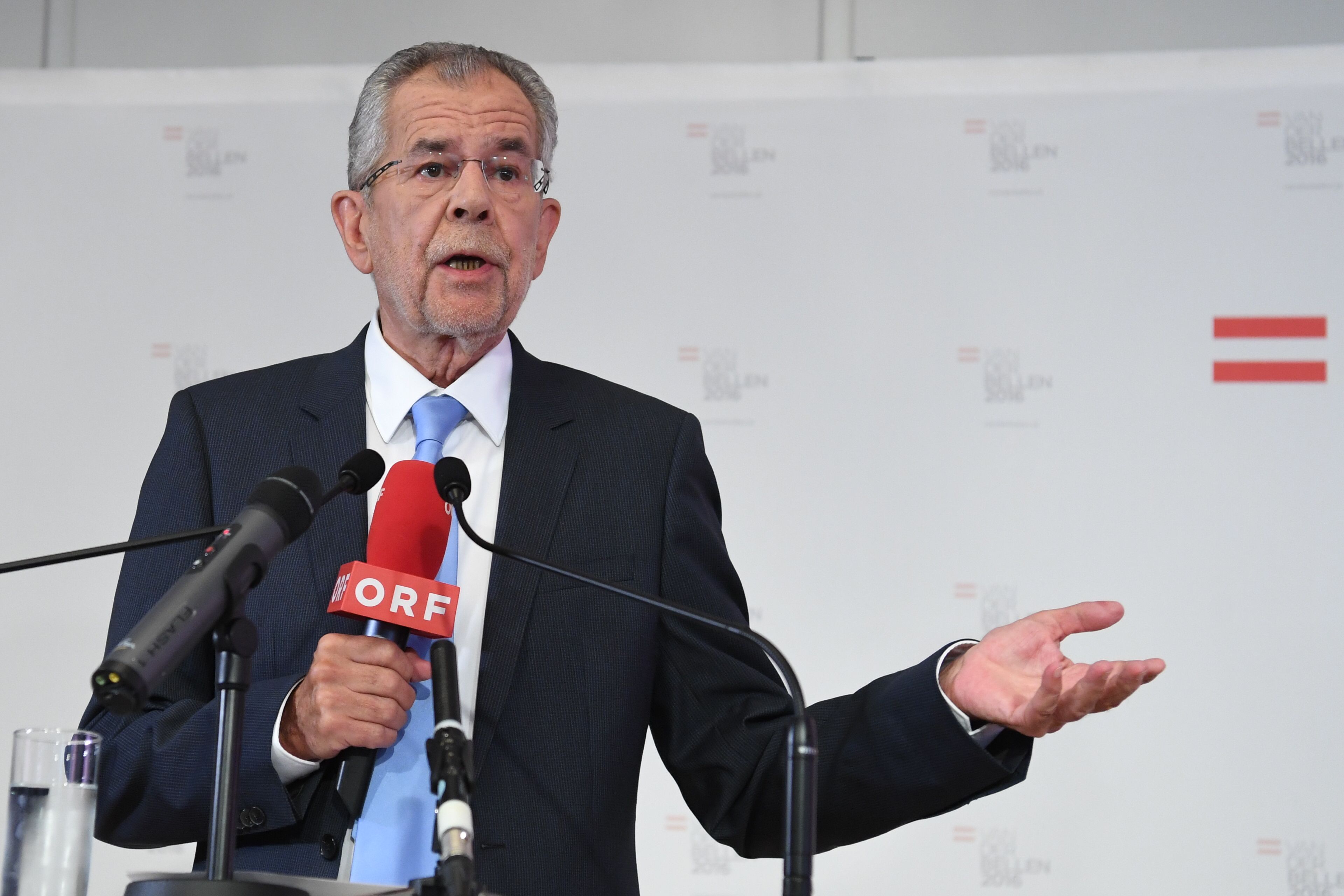
Austria is such an uneventful and reliable democracy that the election-monitoring arm of the Organization for Security and Cooperation in Europe decided against observing its latest presidential election. Yet, on Friday, the country's Constitutional Court threw out the result of a May 22 runoff and required a re-vote because of technical irregularities in the vote-counting process.
The Austrian president is not a powerful figure, but the election was highly contentious because of the strong performance of Norbert Hofer of the Freedom Party, who almost became the first far-right head of state elected in Europe since World War II. Hofer led in the polls but a Green Party-backed candidate, Alexander Van der Bellen, ended up winning by just 30,863 votes, thanks to strong support from absentee voters who mailed in their ballots.
Austria introduced postal voting gradually over the last 25 years. Now, pretty much anyone can vote by mail as long as the ballot is sent off before 5 pm on polling day. More than 543,000 voters (Austria has about 6.4 million total) did so. The Constitutional Court said in its ruling that many of the district election commissions charged with handling the envelopes dealt with them improperly -- for example, some were opened and counted without observers present, or opened by unauthorized people.
The irregularities concerned 77,926 ballots, so theoretically, they could have affected the outcome of the close race. That's why the court ordered an unprecedented revote, much to the satisfaction of the plaintiff, the Freedom Party. The ultranationalists now get more than another chance: They will be able to claim that their candidate lost because of a conspiracy, though the court said nothing of the kind.
In 2016, politics-as-usual seems imperiled everywhere. Parties hostile to what they call "the establishment" or "the elite" and deeply distrustful of the system's workings are on the rise. During the UK's Brexit referendum, "leave" campaign activists called on voters not to use the pencils provided at polling stations and to bring pens so their votes couldn't be erased, even though the count is closely watched by observers.
Many established Western democracies have been relying on traditional voting procedures without worrying too much about rigging. With groups such as the Brexit advocates or the Austrian Freedom Party or supporters of Donald Trump, however, there's nothing polite about today's campaigns: They are fought as all-out wars.
This requires extra attention to voting technology. No "hanging chads" can be allowed to mar the votes, which are bound to get closer and more contentious as populist movements gain ground.
There's no easy solution. The Netherlands used voting machines for two decades until 2006, when hackers showed the devices could be manipulated. The government went back to paper ballots. Ireland, which had bought machines from the same manufacturer as the Dutch, did the same in 2009. In the US, voting has been the subject of bitter partisan battles since the Florida recount in the 2000 presidential election.
In contentious situations, the public is not inclined to trust government-owned equipment, and populists will do their best to fan this mistrust. Yet there are ways to make sure the Austrian situation doesn't repeat itself.
Estonia and Switzerland offer their citizens a chance to vote securely online. About one-third of ballots were cast this way in last year's election. In the 2013 Swiss federal election, 58 per cent of overseas voters cast their votes over the internet. In 2010, West Virginia tried internet voting for military personnel and expats, and it worked well.
The technology for Internet voting exists and is relatively easy to scale. Despite recent hacks and security breaches, this method probably is safer from manipulations and irregularities than traditional ballots because secure communication is far harder to mess with than piles of clumsily marked paper. To maintain trust, governments may need to use paper ballots alongside the new system for a few cycles, and in any case, they should open electronic voting systems to international observers with the technical expertise to go over them thoroughly.
The change may turn out to be expensive -- but there is no firm estimate of how much a move to electronic voting could cost major democracies. Unless the cost is truly prohibitive -- in comparison, for example, to the cost of accidentally electing a far-right president or inadvertently leaving a major trade bloc -- governments shouldn't skimp on technology that can deliver precision and more safeguards against human error. Even though Austrian politicians hailed the court decision as a boost to democracy and trust in the electoral system, it's really a defeat for both: it feeds dangerous conspiracy theories, contributes to voter cynicism and forces weary candidates to re-run a hard-fought campaign.- Bloomberg View